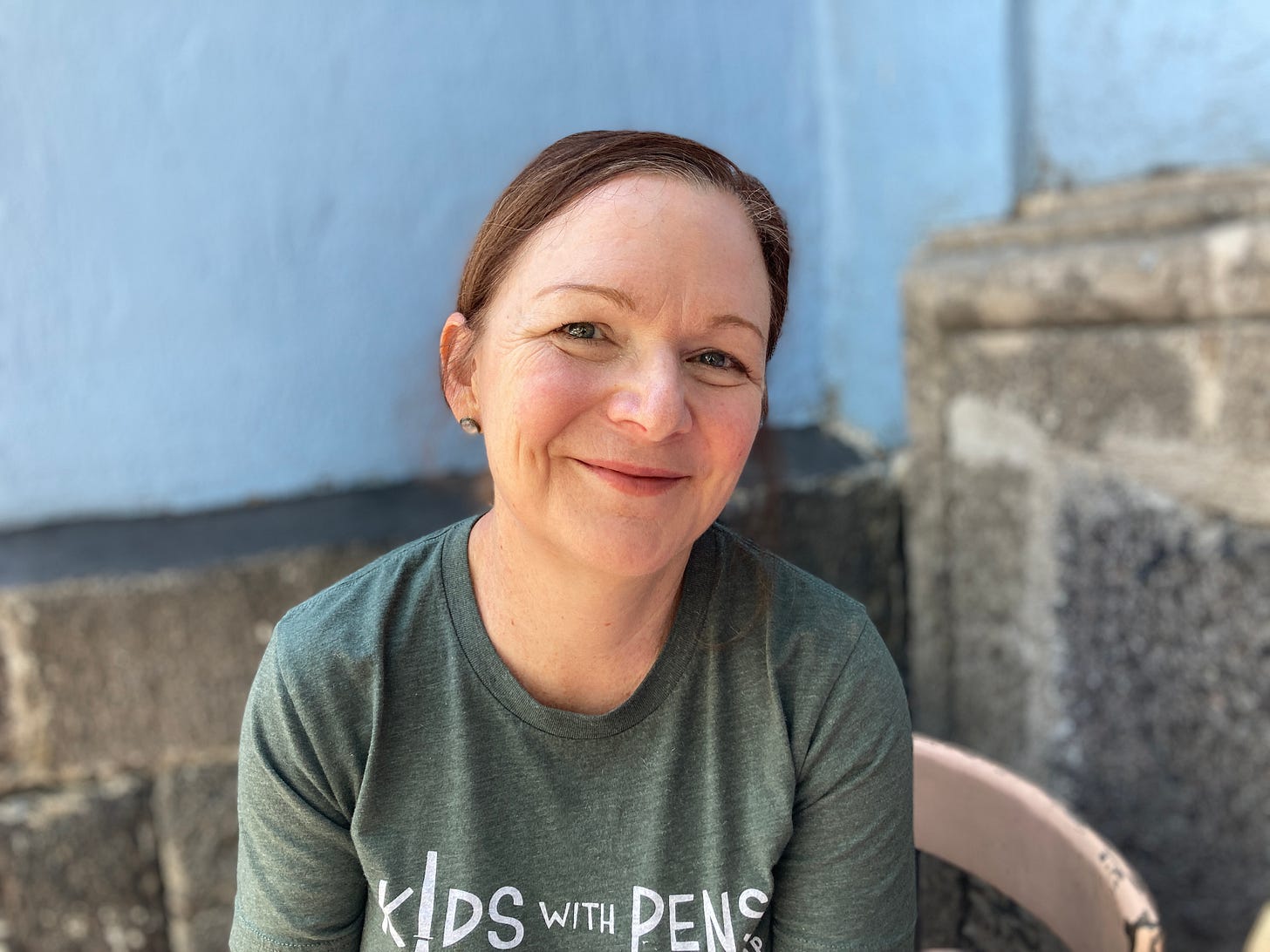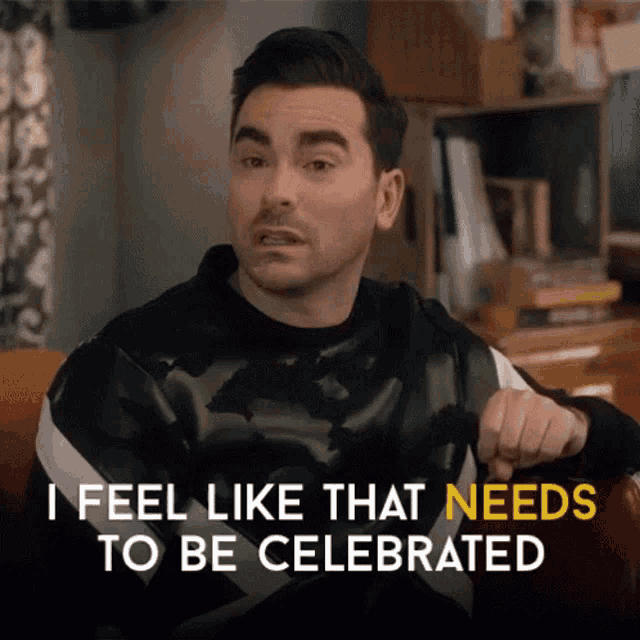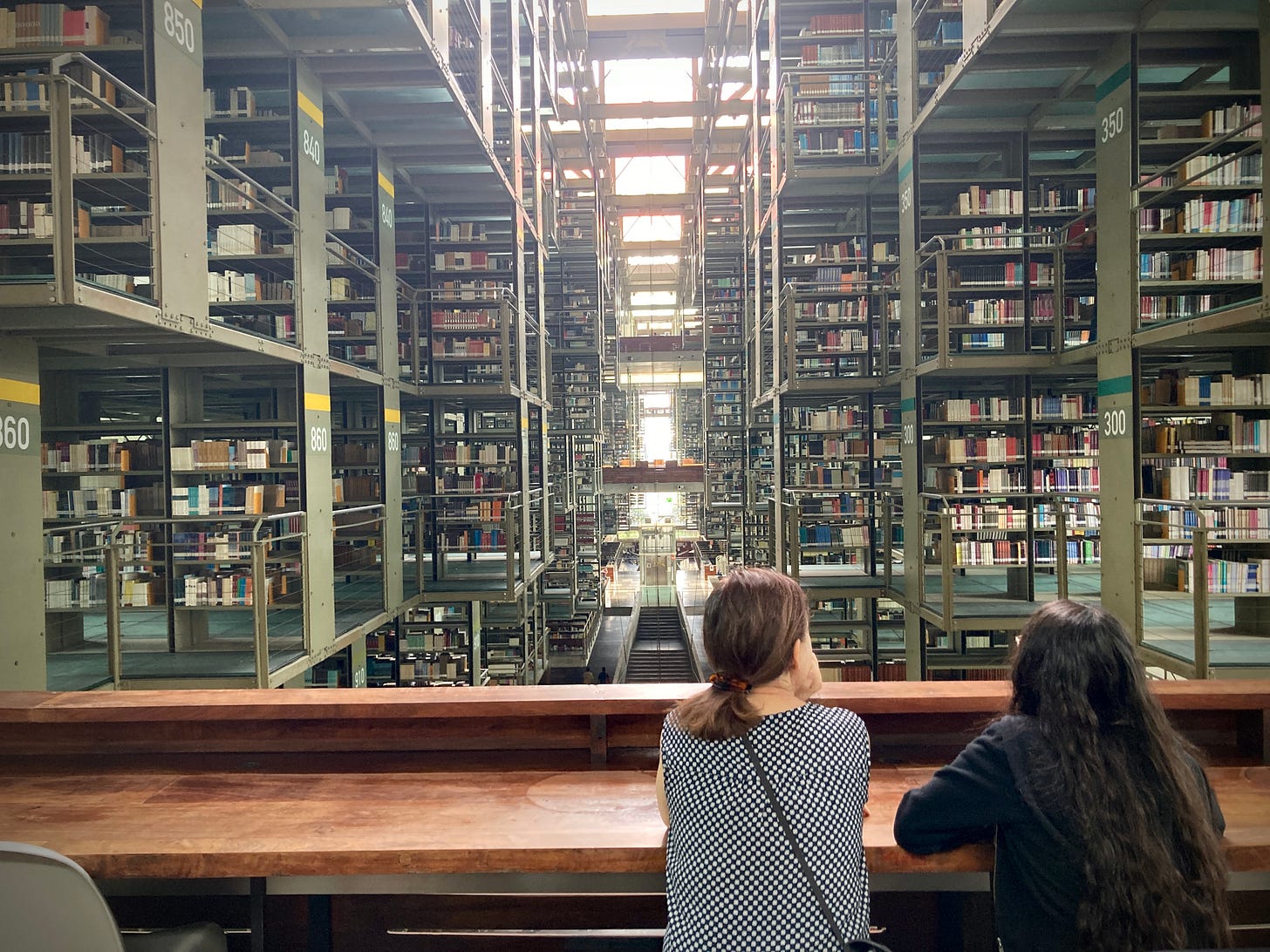Fast Forward ⏩ with Laurie Filipelli
What if the rhythm of your creative life is...intermittent?
This is a Fast Forward essay. This new series zeroes in on one part of an artist’s Long Pause story: the getting unstuck part. Sometimes, looking back allows you to see all the small things you did that ultimately led you back to your creative practice— or towards a more sustainable one. If you know a creative person who has weathered a Long Pause (maybe it’s you!), you can reply to this e-mail to be in touch with me. Subscribe below so you never miss an interview! 👊
Welcome back! Today, we’re hearing from Laurie Filipelli, a poet who has discovered through many Pauses that her creative rhythm is …intermittent. Sometimes she pauses for months or years while focusing on other parts of her life — running Mighty Writing, tending to her family, being politically and socially engaged. You know. Life. Her story pokes at the myth lots of us struggle with about how much you need to produce to consider yourself a writer. Laurie’s take? Composing her work over longer periods than other “prolific” writers provides its own gifts; her latest book, a short volume of prose poems written over several years, is richer because of it. I hope you love reading this one—especially if you’re an intermittent creator, too. 💖 Erinn
When I was in second grade, I started writing poems. No one asked me to. There was no assignment, no contest to enter. One morning I stepped outside and saw that our lilac bush, which had just recently bloomed, was covered in unexpected spring snow. Look! There are flowers covered in snow! So it was time to write.
Of course, as an adult, the movement of time and my imagination feel much different (I would now see those lilacs and worry about climate change!). Wonderment can seem like a luxury, easily overshadowed by the hustle of work and obligations of family. I try not to judge myself harshly when for days on end the shimmer disappears. Living in a society with no real safety net, there are good reasons to prioritize earning money: to take care of a home, to help manage the needs of an elderly parent, or to volunteer for a political campaign. It can be hard to look around and find beauty, let alone time to write. Also, to be honest, I like TV. (I’m currently rewatching all of Schitt's Creek.)
I used to think that because I didn’t write regularly I was a bit of a fraud. I didn't have the “hunger” or discipline that some of my (mostly male) counterparts seemed to have. Or at least talked about having? But the more I pressured myself the more I’d spin in circles. It was like telling an anxious person to “just relax!” Some of us need to be coaxed gently.
Over the years, I’ve gotten more comfortable with a slower, less outwardly productive pace. I think of poetry as a dear friend who drifts in and out of my life, but is always available. When I’m not writing I try to foster this intimacy through reading (preferably aloud with a small group of other poetry fans), listening to literary podcasts like Kamran Javadizadeh’s Close Readings and Rachel Zucker’s Commonplace, visiting art museums, or attending heartfelt high school theater productions. Sometimes I take classes, go to book launches, or mentor young authors. In other words, when writing itself seems out of reach, I just do what I can to keep the window open, with a few nuts scattered on the sill in case some squirrels arrive.
Invariably, after weeks or months or even a year, a theme I’ve had lurking at the edge of my brain gets expressed in an old interview with Muriel Rukeyser, or an image takes hold from a set of 1970s postcards that outline the dimensions of the Statue of Liberty. Maybe some whistling ducks alight from the nearby pond, or maybe the wonder is a kind of terror brought on by a cataclysmic winter storm or a man armed with an AK-47 threatening our block. For the Romantic poets “awe” was, after all, a profound sense of dread.
I know this approach — to be open, to pay attention, to wait for something to say — can’t work for everyone. Some earn their living as writers or work on projects so large that without discipline nothing would get done. But I find that if I push myself too hard with deadlines and expectations of productivity, not only do I neglect other important aspects of my life, I also miss the astonishment of snow in spring (which, by the way, was the title of my first poem!) So I compromise, I keep poetry alive, I step forward slowly until another discovery, pleasant or troubling, reminds me that I have a way to reconnect with the world, and once again I write.
In January, I learned that my latest manuscript had won a prize; my third book will be published in 2026 by the UK press, Broken Sleep. I take this as proof that my slow pace hasn’t ruined my chances. In fact, I think the book is a little richer for having been written on and off, over several eventful years.
LAURIE FILIPELLI is a poet and educator. She has authored two collections of poems: Elseplace (Brooklyn Arts Press, 2013), and the 2019 Writers’ League of Texas Discovery Prize winner, Girl Paper Stone (Black Lawrence Press, 2018). Her third collection, My Heart is a Museum is forthcoming from Broken Sleep Books. Laurie lives in Austin where she works as a college access counselor, runs poetry workshops, publishes the Mighty Writing Substack, and tries to solve the NYT mini-crossword in under a minute.
Learn more about Laurie’s coaching and writing at lauriefilipelli.org and subscribe to Laurie’s Mighty Writing Substack










Thank you so much for including me in this heartening series, Erinn. Come to Austin, and we'll go for tacos!